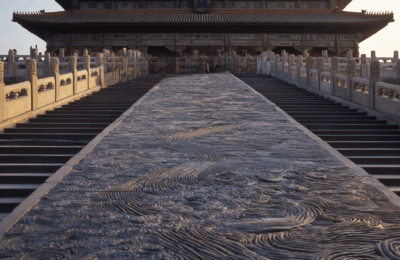《唯楚有才:从”成人礼”到”天下之道”的楚式CEO晋升之路|清华简〈成人〉〈天下之道〉 》
本篇将清华简第九辑《成人》与清华简第八辑《天下之道》并置阅读,把两篇战国楚简重新理解为一套“由内而外”的高阶领导力体系。《成人》呈现楚人对“管理者基本功”的深度洞察:系统思维、诊断能力、底线与边界感;《天下之道》则展示了楚式领袖的“经营人心”逻辑:攻心三器、凝心五道、从管事到经营认同。本篇以现代企业“CEO接班人计划”为隐喻,呈现一条从修己、治事,到得人、化众的楚式晋升路径。 This essay juxtaposes two excavated texts: “Chengren (Becoming an Adult)” from Tsinghua Bamboo Manuscripts, Volume 9, and “Tianxia zhi Dao (The Way of the World)” from Tsinghua Bamboo Manuscripts, Volume 8. Together, they form a coherent leadership curriculum from the ancient state of Chu. Chengren articulates the foundational competencies of a reliable manager—systemic thinking, diagnostic capability, boundaries, and principled judgment. Tianxia zhi Dao reveals Chu’s higher-order philosophy of leadership—governing through hearts and minds, the three instruments of influence, the five methods of mobilization, and the shift from managing tasks to shaping collective will. Framed through the metaphor of a modern CEO succession program, this essay maps an inner-to-outer evolution: self-cultivation → organizational governance → winning trust → cultivating a resilient community.

